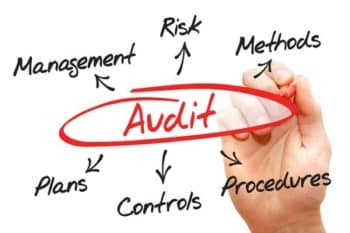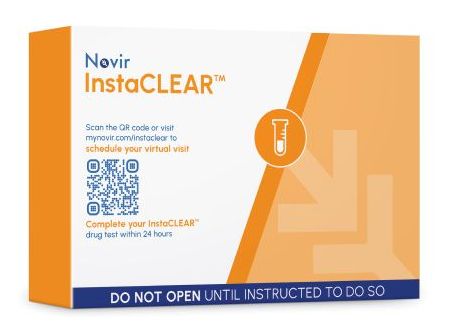If you have employees that operate Commercial Motor Vehicles* as defined by the U.S. Department of Transportation, you may be audited by the DOT. Significant violations can result in fines totaling tens of thousands of dollars.
What are they looking for?
DOT auditors closely examine whether businesses comply with federal regulations for drug and alcohol testing. If your employees operate commercial motor vehicles under FMCSA regulations—typically truck or bus drivers—you must adhere to 49 CFR Parts 40 and 382. These rules are designed to promote safety by ensuring that drivers and companies follow strict guidelines when operating on public roads and highways.
To determine compliance, auditors assess several key factors. They check if you have a DOT-compliant written substance abuse policy and whether supervisors have completed Reasonable Suspicion Training. Additionally, they verify if employees have received educational materials about substance abuse and whether your company can provide proof of this training. Ensuring that covered employees are enrolled in a random drug testing program is another critical requirement.
Auditors also confirm whether each employee has a negative pre-employment drug test result on file and if every driver possesses a valid medical card. They investigate whether employers have requested drug test records from previous employers, ensuring a complete history of compliance. Furthermore, they check if the employer is registered in the FMCSA Clearinghouse and whether pre-employment and annual Clearinghouse queries have been conducted for all drivers.
Staying ahead of these requirements is essential to avoid violations and ensure your company remains in full compliance.
These and many other questions will be asked. If you have everything in order, great.
But, it’s altogether a different story when you’re found out of compliance with the DOT rules and regulations.
Should you be worried?
If you’re prepared, no. If you’re not sure, you should certainly be concerned. Regardless of whether you’re ready, DOT audits take a lot of time, and if you’re out of compliance, can cost you a bundle.
Fines are assessed on a per-violation basis. That is, if the fine for a particular compliance issue is $3,000, and an employer has 10 drivers out of compliance, we’re talking $30,000.
This page summarizes FMCSA Part 382 Fines from 2018 to present.
In 2015, DOT-regulated companies paid a total of $33,743,434 in fines. The average violation cost businesses $7,812. Many companies faced hefty penalties for compliance failures.
Authorities fined one company $6,664 because it allowed a driver to continue working after testing positive on a drug test. Another employer paid $2,760 for putting a driver on the road before receiving pre-employment drug test results.
One company failed to establish a random drug and alcohol testing program and received a $1,580 fine. Another business neglected to conduct random drug tests at the required annual rate, leading to a $5,340 penalty.
A company allowed a driver to falsify records of duty status and had to pay a $1,540 fine. Some employers failed to conduct post-accident drug and alcohol testing, resulting in a $1,780 penalty. Others employed drivers without medical exams or certifications, incurring a $1,490 fine.
Several businesses did not implement a drug and alcohol testing program and paid a $2,730 fine. Some companies hired physically unqualified drivers, resulting in a $3,190 penalty. Employers who failed to check a driver’s employment background received a $3,776 fine.
How to Stay Ahead of DOT Audits
To help businesses avoid these costly penalties and maintain full compliance with DOT regulations, we provide a DOT Compliance Manual. This comprehensive resource includes a well-structured written policy, essential forms, and necessary documents. By utilizing this guide, companies can ensure they meet all regulatory requirements and stay prepared for an unexpected visit from a DOT auditor.
For more info and pricing, please contact InOut Labs at 847-657-7900 or [email protected].



